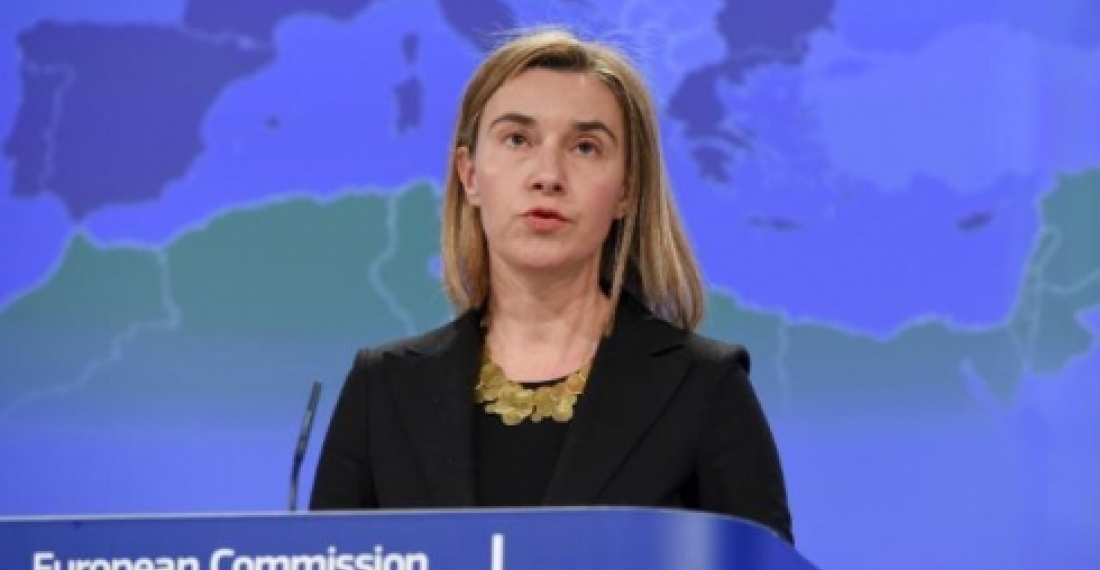"Fundamental norms of international law, enshrined in the UN Charter, are being challenged. This cannot be left without answer: the EU condemns the illegal annexation of Crimea and Sevastopol as a violation of international law. This is also the position of the United Nations, as expressed in General Assembly resolution 68/262 of last year". This was stated by the EU High Representative for Foreign and Security Policy, Federica Morgherinii, while she was addressing the United Nations Security Council in New York on Monday. Morgherini added that "in Ukraine, today, achieving a sustainable solution is urgent - not least due to the death toll and the humanitarian impact of the conflict. The cost of this crisis in human lives is huge: almost 6,000 people have been killed and many more injured. Not to mention the number of refugees and IDP".
The EU High representative said:
"Let me say that the UN count. It was important that the Minsk Package of Measures adopted last Feb 12 was endorsed by the Security Council. This ceasefire is fragile and no effort should be spared to sustain it. The withdrawal of heavy weapons is only a first step. The swift and full implementation of the Minsk Agreements by all sides is key to bring a sustainable political solution to the conflict.
We will keep supporting the implementation of Minsk as we already do, notably through in-kind and financial contributions to the OSCE Special Monitoring Mission. I am constantly in touch with the Secretary General, and the OSCE Secretary General Lamberto Zannier, to ensure that our respective support is effective and well-coordinated. We are also grateful to various UN agencies for coordinating international humanitarian efforts and for their objective reporting on the human rights situation.
Our policy towards Ukraine is crystal-clear. We want to put an end to the conflict. We need to put an end to the conflict. And to safeguard Ukraine's territorial integrity. But we also have to make sure that Ukraine becomes a functional state that honours the aspirations of its peoples. Whoever wishes to push towards these goals will find Europe's door wide open for cooperation. Europe was built on the principle of cooperation, both within its borders, and with our neighbours. And we want to keep this as a core principle of our policies. The conflictual, complex world we live in needs more cooperation, not less. Everywhere."
Morgherini concluded her speech during which she touched on a number of issues in the EU neighbourhood and world wide saying that whilst the tools available to the international community to preserve world peace need to be updated, the asspiration to save the next generation from war remains the same. She said:
"Our Union, the European Union, is built on the same values, the same vision of a cooperative world order which led to the foundation of the United Nations, seventy years ago. In seventy years, the threats to peace have evolved continuously. So must we. Our tools need to be updated to the new challenges. But our hopes and aspirations - to save the next generations from war, to fight for democracy and human rights, to promote social progress - are still the same.
The European Union is confident it can play a key role towards a more peaceful future. We look for the cooperation of others, in the world, under the guidance of the UN. We will only succeed if we all do our part. We will only succeed if the Nations of our world are truly United."
You can read the speech of Federica Morgherini in full here
source: commonspace.eu







